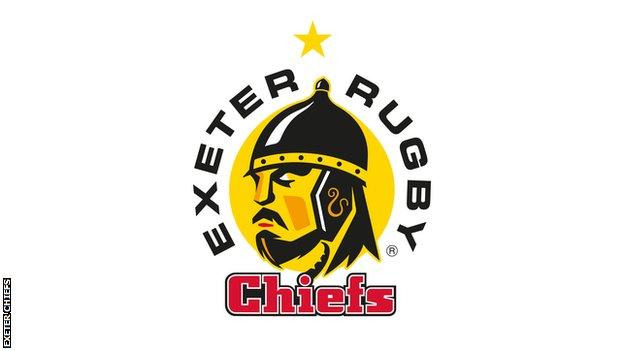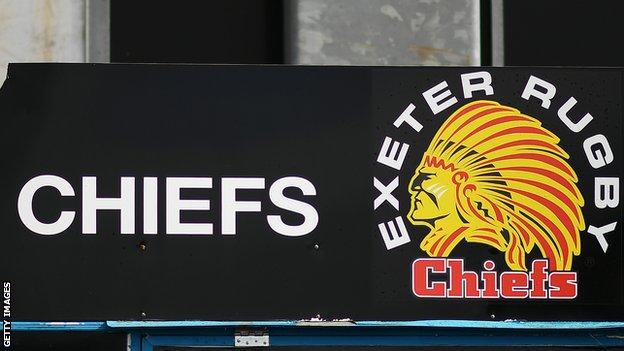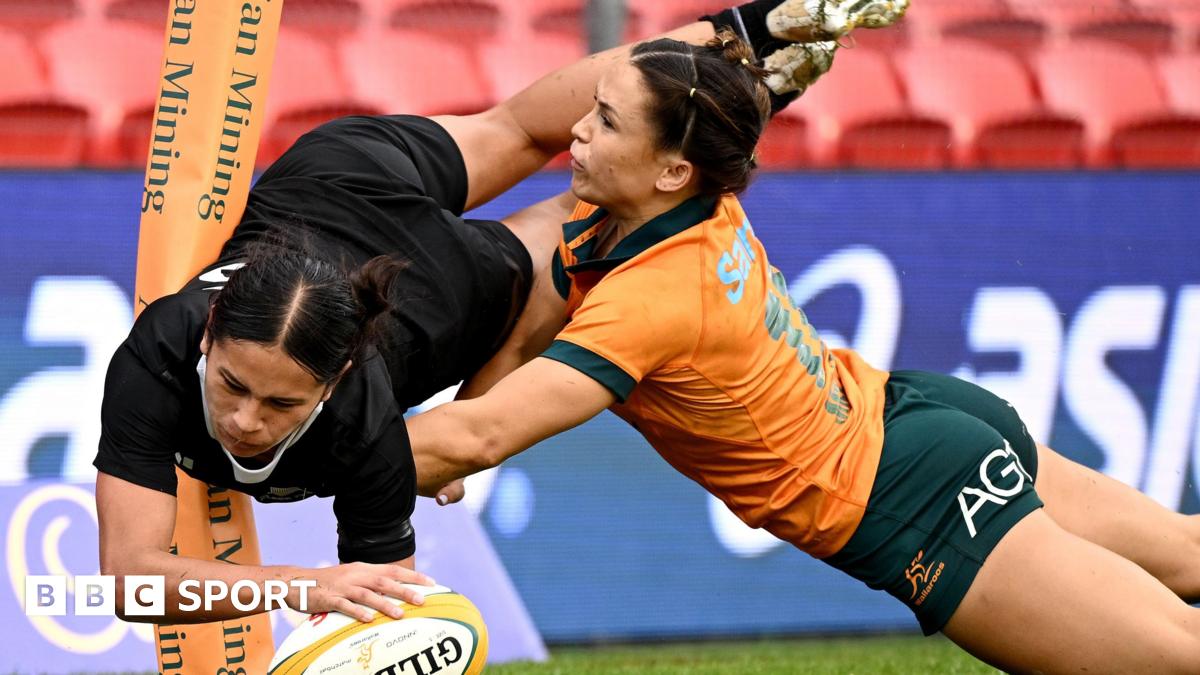ARTICLE AD BOX
 Exeter's new logo is based on the Celtic helmets known to be worn in and around 300 BC
Exeter's new logo is based on the Celtic helmets known to be worn in and around 300 BCExeter Chiefs are to end their Native American-themed branding this summer.
The club had been criticised for continued use of Native American imagery and announced last year they were reviewing their branding.
Exeter will keep their 'Chiefs' nickname but will now use imagery from the Celtic Iron Age Dumnonii Tribe.
"We are excited to welcome in the next era of rugby within Exeter," said chairman and chief executive Tony Rowe in a statement.
- 'Dehumanising' Exeter branding 'must go'
- Exeter discuss future of Native American branding
- Mascot dropped but Chiefs keep native American imagery
"Exeter has and always will be the most important term in our overall identity. The term Chiefs, however, is equally entrenched in our make-up, going back to over a century ago when teams in this region would regularly call their first teams that of the Chiefs," Rowe added.
"As a rugby club we have been willing to listen, we have consulted far and wide, and now we are ready to invoke change."
'Dehumanising stereotypes'
 Exeter say they have been known as the 'Chiefs' since the early 1900s and have used Native American imagery on their branding since 1999
Exeter say they have been known as the 'Chiefs' since the early 1900s and have used Native American imagery on their branding since 1999A number of clubs have asked visiting Exeter fans not to wear Native American-themed headdresses to their away matches this season after criticism of the club's branding by the National Congress of American Indians (NCAI).
In October Dante Desiderio, the NCAI's chief executive, said: "Native 'themed' mascot imagery and the dehumanising stereotypes it perpetuates must go."
The club first received criticism over its branding - which as well as a Native American on the club's crest, also includes places such as the 'Wigwam Bar' and 'Campfire Grill' in their home ground at Sandy Park - in 2020 following a petition by some fans.
At the time Exeter decided to drop their mascot 'Big Chief' but retain the rest of their branding.
In the United States, Washington's American football team dropped their controversial Redskins name and logo, while Cleveland's baseball team changed its name from the Indians to the Guardians.
Exeter's new imagery comes from the Dumnonii tribe, which the club say was based in Devon, Cornwall and parts of Somerset for "many hundreds of years before the Roman occupation from AD43".
At that time, Exeter say, historians believe people were "living in small kingdoms known as 'chiefdoms' which were ruled by high chieftains", thus providing a link to keep the term 'Chiefs'.

- Amazing ways to overcome road rage: Enter the happy place of Zen Motoring
- Awkward questions and emotional confrontations: Meeting your ex for dinner - what could go wrong?


 3 years ago
42
3 years ago
42








 English (US) ·
English (US) ·